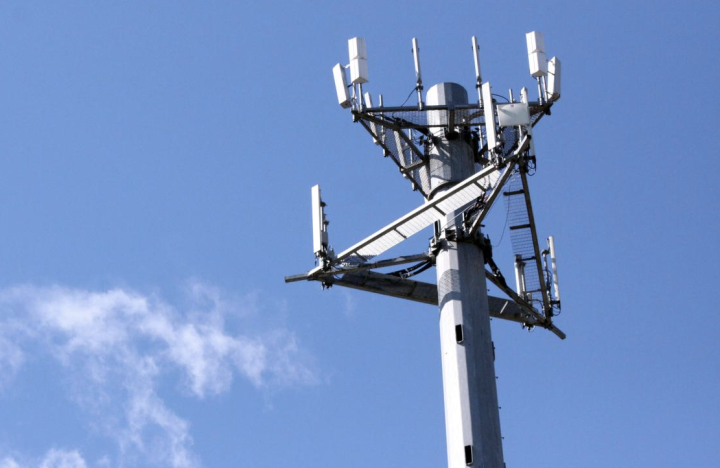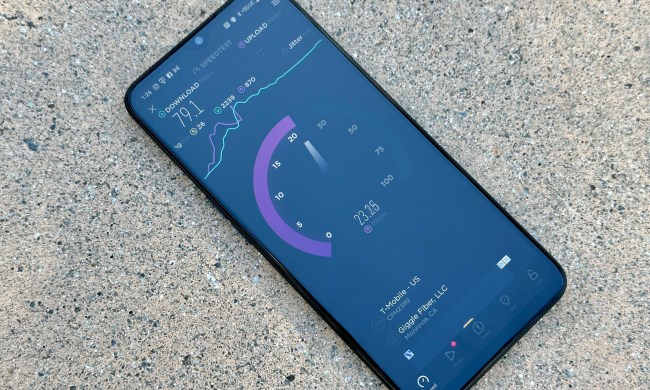
It’s not just up to smartphone manufacturers to develop their 5G radios — the likes of Qualcomm and carriers like AT&T and Verizon are all also conducting tests of their own in an effort to implement 5G in the U.S.
“Today’s success is based on a common specification built through the collaboration of multiple industry leaders that will help facilitate the world’s first mobile 5G trial service at the PyeongChang 2018 Winter Olympic Games,” said Sungmok Oh, head of the Network Division at KT, in a statement.
With these developments, it’s possible that we’ll have 5G a little sooner than the target date of 2020, although it will only be with very limited coverage. As Oh mentioned, the developments could mean that there will be some
That’s if everyone can work together to implement the new tech — as mentioned, it will require the effort of smartphone manufacturers, chip makers, and carriers to actually bring 5G to customers. Stateside, it looks like Verizon and T-Mobile are leading the way in
There’s no doubt that 5G will bring a number of advantages to mobile users — the most prominent being that they’ll be able to deliver speeds of up to 1Gbps. Due to the fact that


